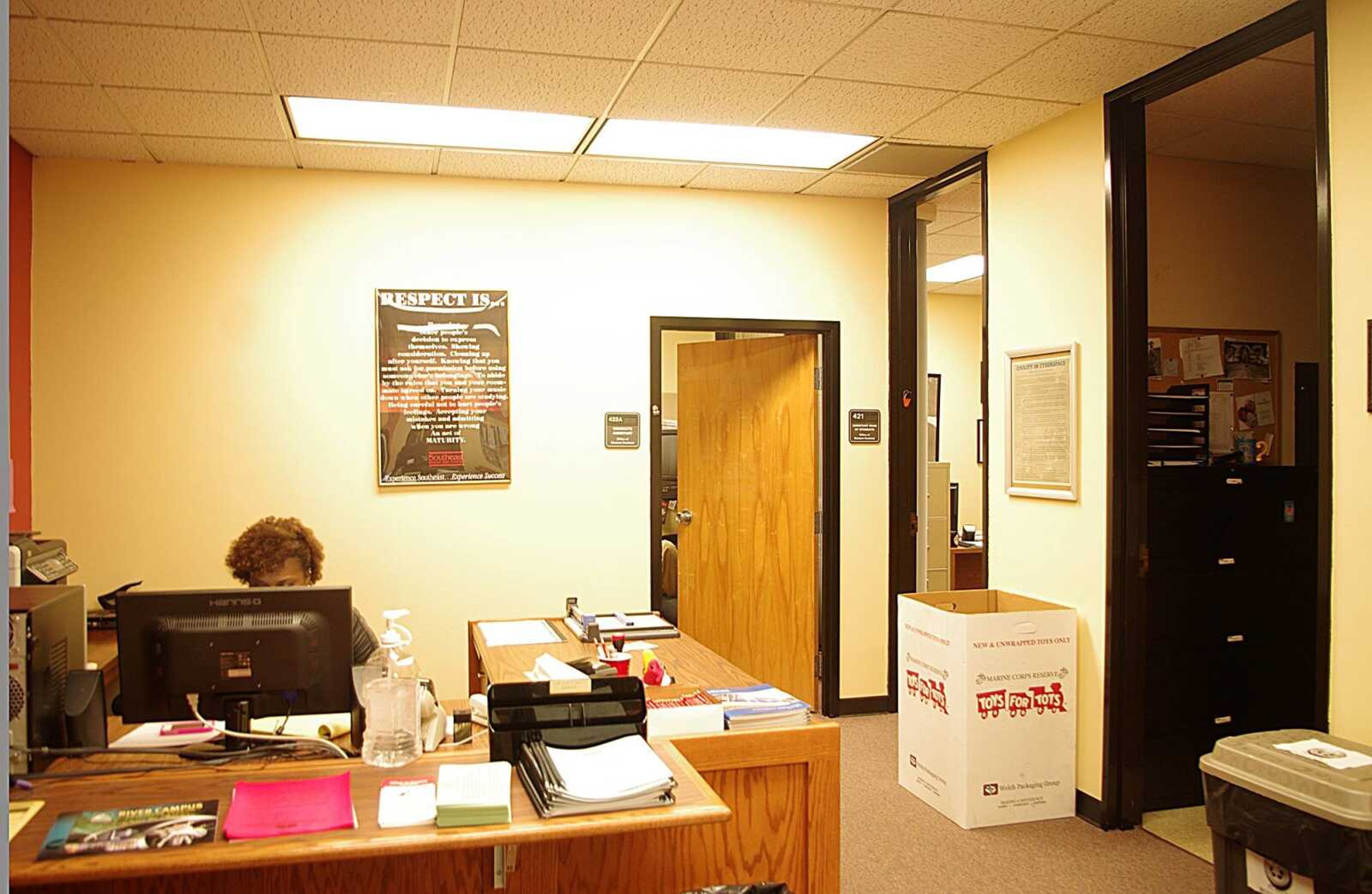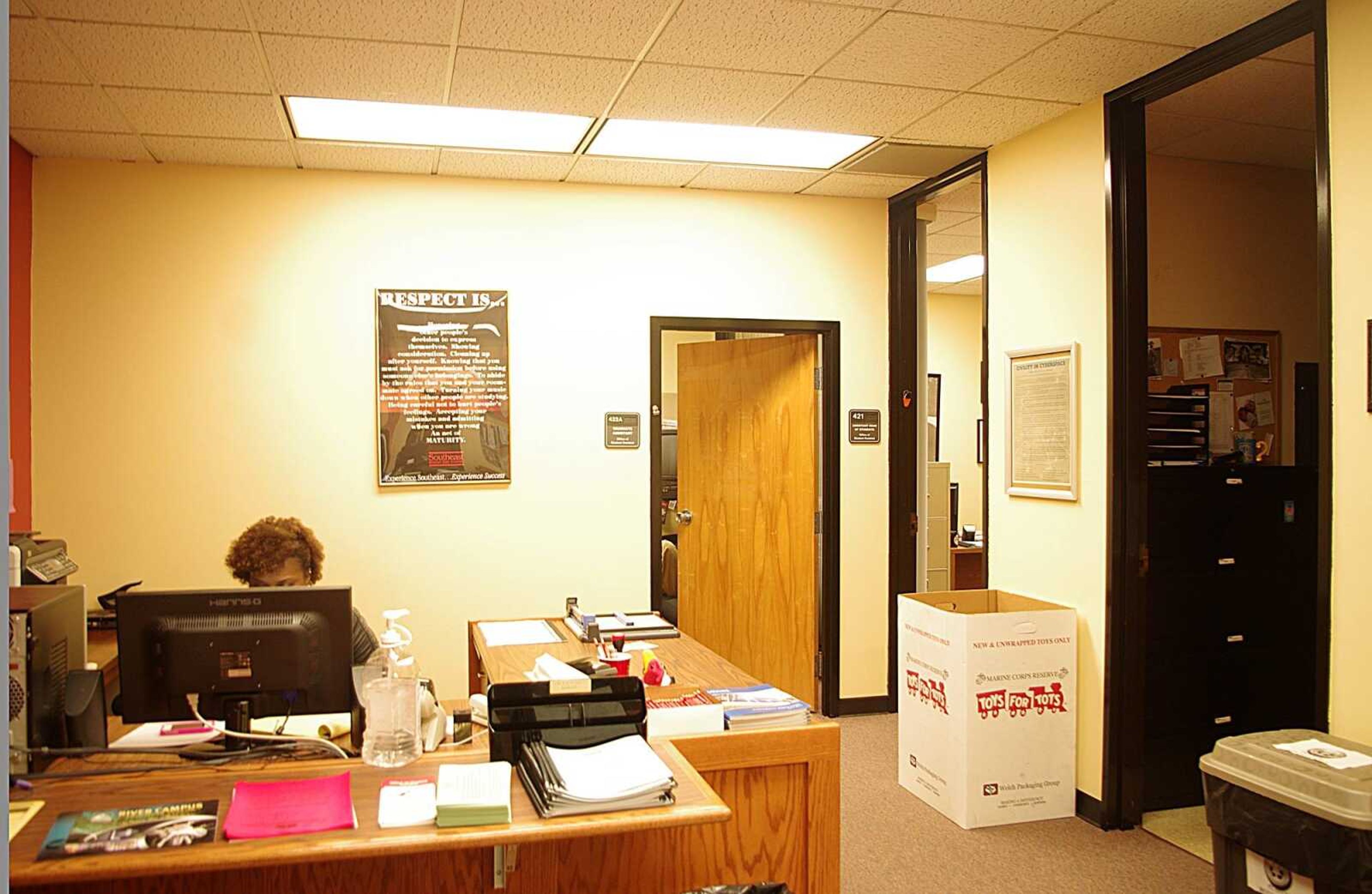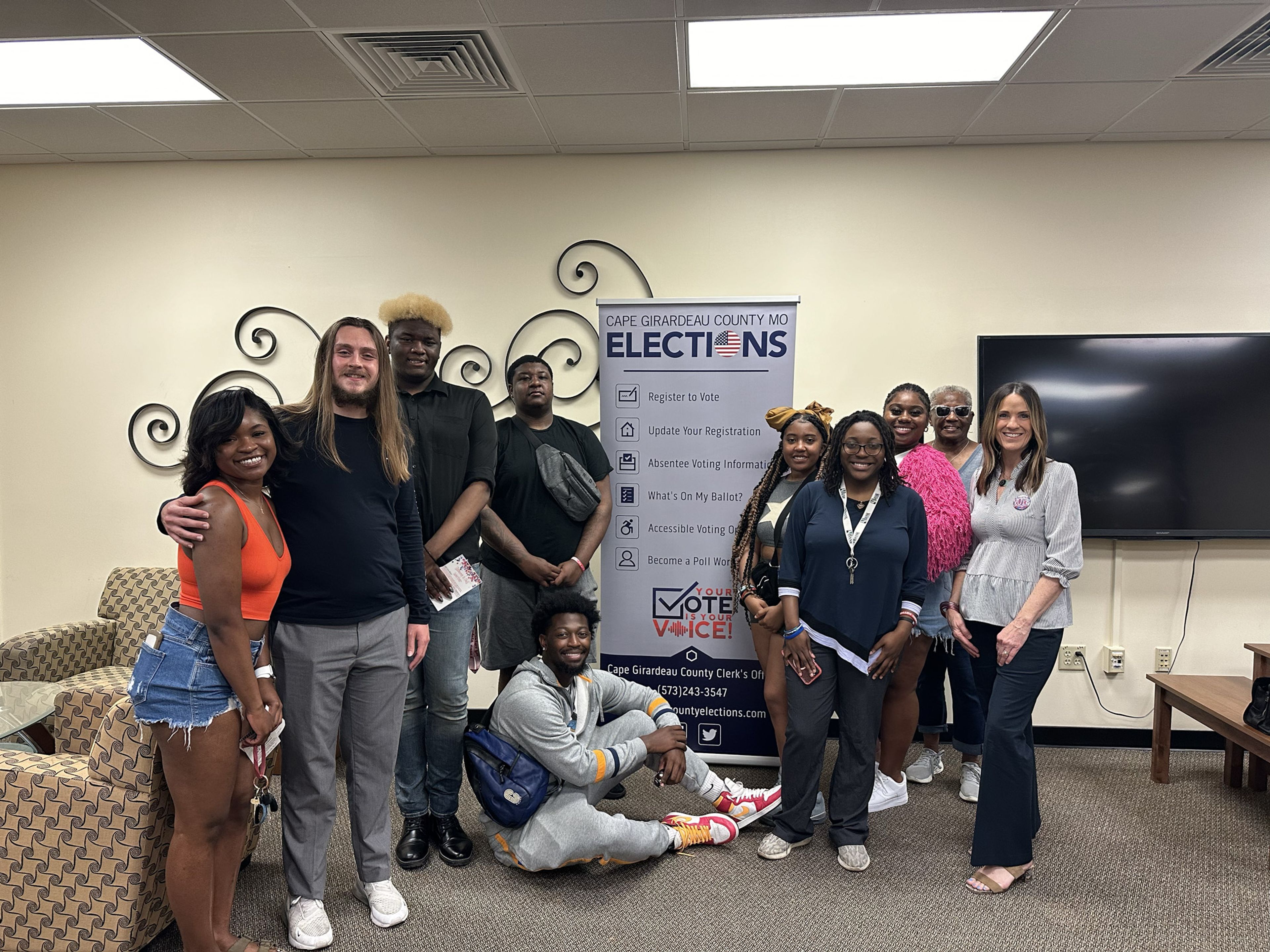The Office of Student Conduct at Southeast Missouri State University has made changes to the Student Code of Conduct. The Code of Conduct outlines the rights and responsibilities of the student body at Southeast.
The main change involved specific rights related to student organizations, which are discussed under Judicial Procedures in the Code of Conduct.
The Student Organizations section was rewritten so that the hearing procedures for organizations, as well as individuals, are clearly outlined.
It also states that student organizations can have five representatives, including three advisers at student conduct meetings or hearings.

Dr. L. Randy Carter, assistant dean of students, said in an email that the Office of Student Conduct had been working with cases involving student organizations for the past two academic years, therefore the Code of Conduct needed to be updated to clarify the procedures and criteria for those types of cases. Carter said the Office of Student Conduct does not discuss specific cases for individuals or organizations.
"Also, language was added to Section 4 for the Code to include alleged violations involving social media and stalking," Carter said. "Other minor changes were made to clarify the language in other areas. Fine amounts for individual violations had not changed since 2004. It was determined that several things in the Code needed to be clarified, especially the parts related to student organizations."
The term "stalking" had not previously been used under Section 4 because the occurrence of stalking or the emphasis on it in society has seemingly increased in the last few years since the 2004 revisions, Carter said.
The Office of Student Conduct has had a few incidents of stalking involving students using social media or other forms of electronic communication, so the committee wanted to make sure those types of offenses are specifically included in the Code of Conduct. The office always has charged students when harassment or other violations have occurred through electronic means, but the committee wanted to clarify the language in the code.
"I cannot speak to the reasons it was not in there before 2004," Carter said. "The committee wanted to make sure it was included, and a past representative from our VICTORY Program also pointed out that the language was not used in the code. All of the information in the student organization section was added as part of these changes. Before, language for individual student cases was applied to the organizations."
The VICTORY program at Southeast focuses on prevention training, education and help related to sexual violence and stalking.
According to Carter, there have been no substantive changes to the Code of Conduct since 2004. When changes are necessary, the dean of students calls together a committee that consists of representatives from The Division of Enrollment Management and Student Success.
"Once the changes were approved within that group, they were presented to the executive staff for their approval," Carter said. "The changes to the code were approved prior to the beginning of the fall 2012 semester."
Former graduate student in the Office of Student Conduct Danielle Pettigrew researched various codes at other institutions to assist the committee in improving the Code of Conduct language, Carter said. Pettigrew was provided with a large list of schools so she could review their codes.
"Truman State worked with the National Center for Higher Education Risk Management to develop their lists, so we appreciated being able to use the information," Carter said.
"For the additions related to student organizations, information was used [with written permission] from Truman State University, Illinois State University, Lincoln University and the University of Missouri."
Two lists have been added on under the Student Organizations section, which detail the criteria used to determine whether university charges will be filed against a student organization, and the second list is used as the hearing officer or All University Judicial Board reviews the matter to determine whether the group is "in violation," Carter said.
"The rights and responsibilities of the student organizations are also more clearly defined in the new language," Carter said.





